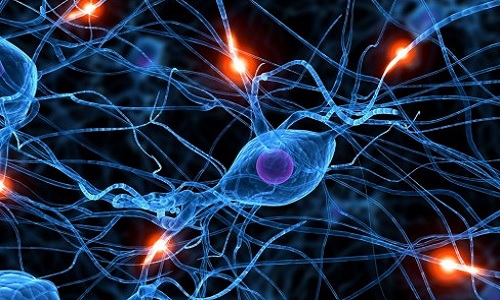
Brain UK study ref: 22/003,
Lay summary,
Project status: Active
Role of microglial subtypes in neurodevelopmental brain diseases
Prof Bertrand Joseph and Dr Lily Keane, Karolinska Institute, Sweden
Microglia are the immune cells of the brain. They play an important role in defending the brain against injury and infection. However, it has become apparent that these cells are vital in maintaining normal brain function and allowing the proper development of the brain. Microglia can also be subdivided into different subtypes based on where they are found in the brain and what functions they have in these regions. We want to understand how these unique subtypes of microglia may contribute to neurodevelopmental diseases specifically autism spectrum disorder (ASD) and Diffuse Midline Glioma (DMG), H3K27M mutant. These occur at a similar time during neurodevelopment. While microglia have been implicated in the pathology of both these diseases, the role of a specific microglial subtype in their pathology has not been explored. The presence or absence of four candidate subtypes will be assessed using the tissue that we are asking for. These candidates have been previously described in areas of vulnerability relevant to ASD and DMG in the developing brain of rodents. Understanding how a microglial subtype may contribute to the initiation or progression of ASD or DMG could provide important information on how to treat these diseases.
